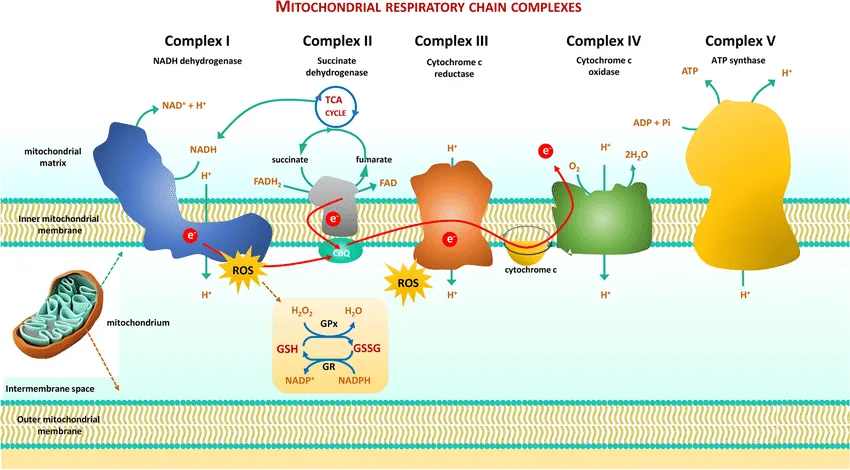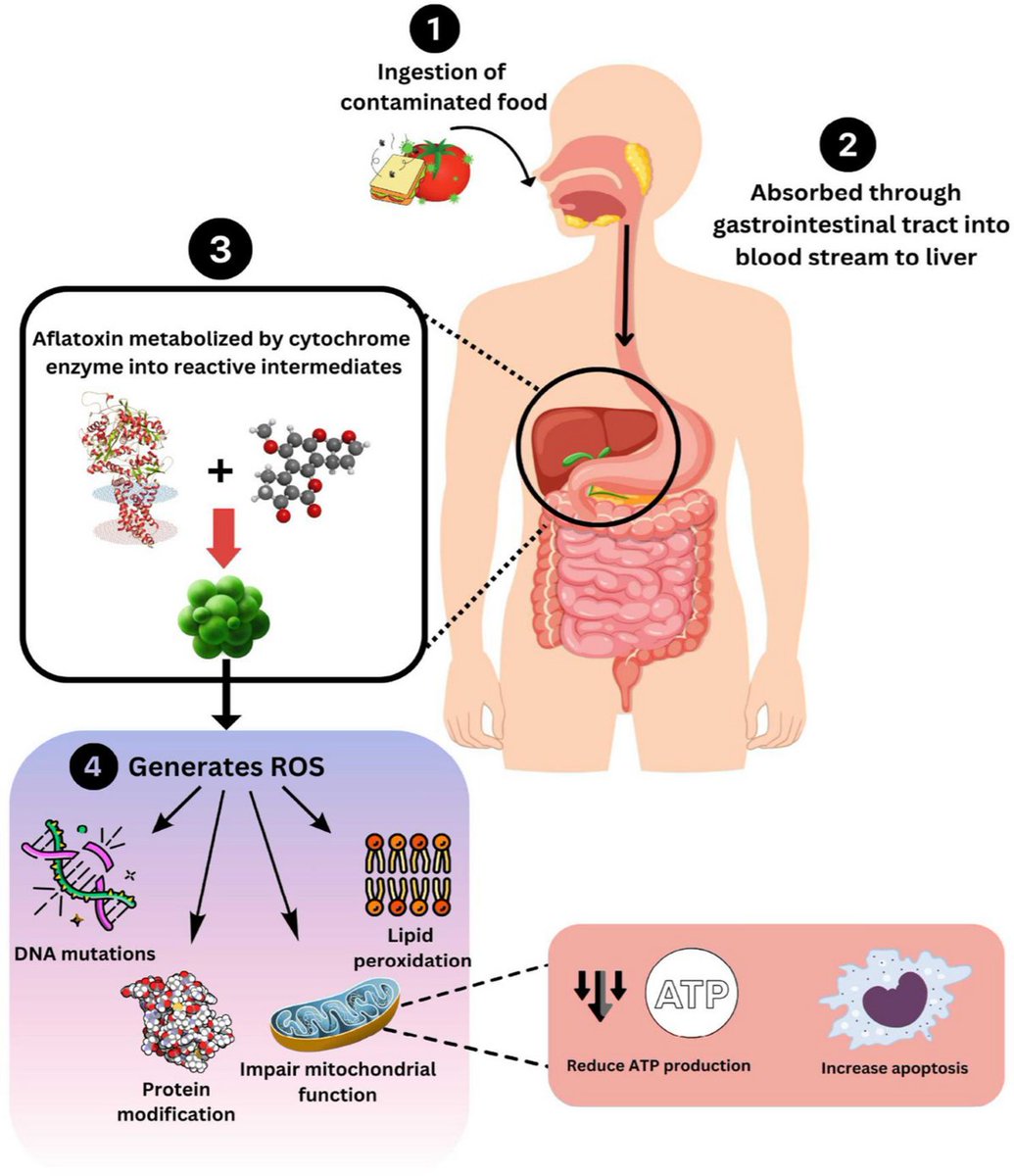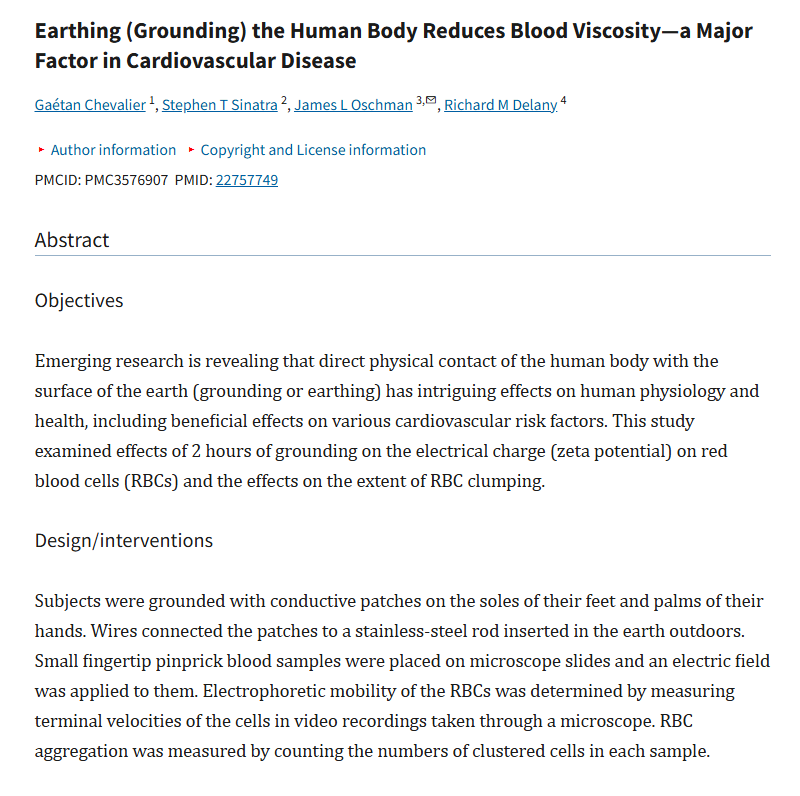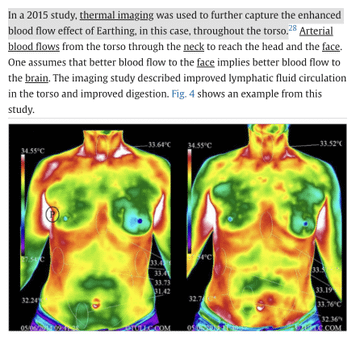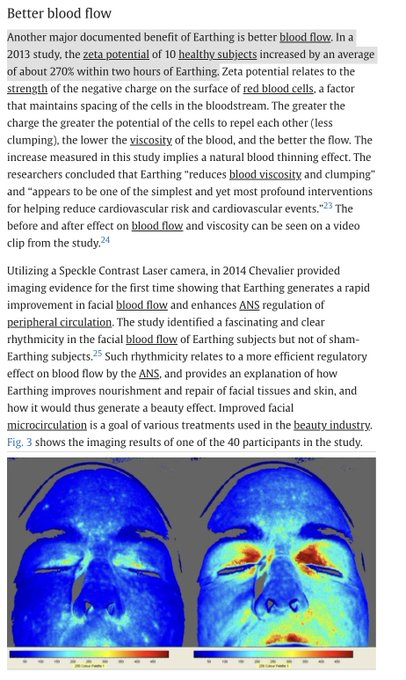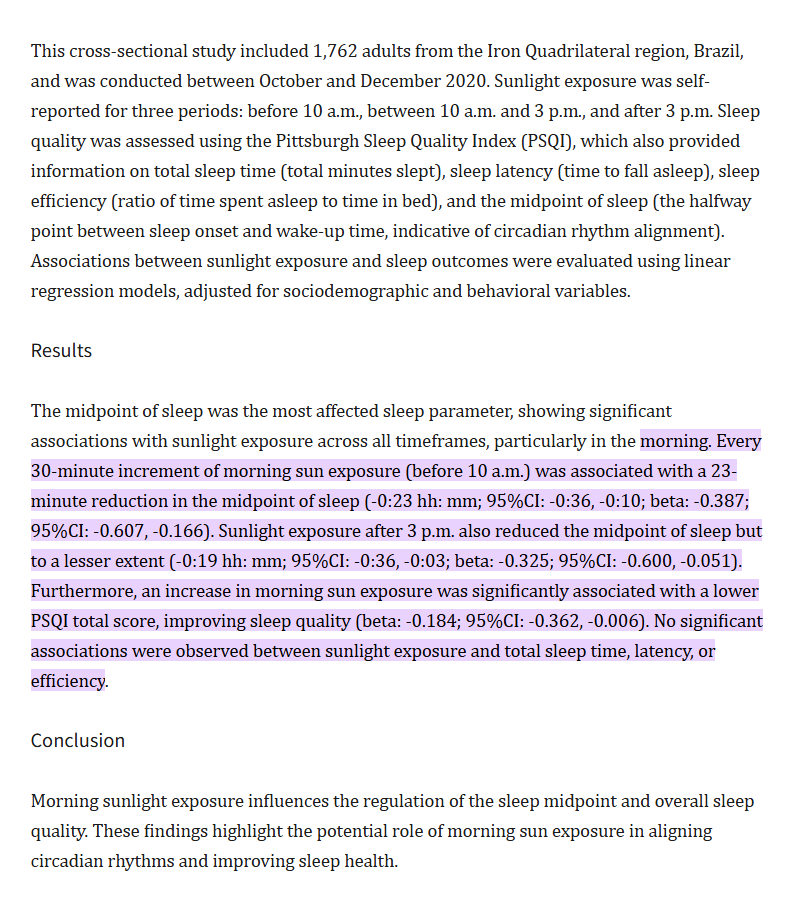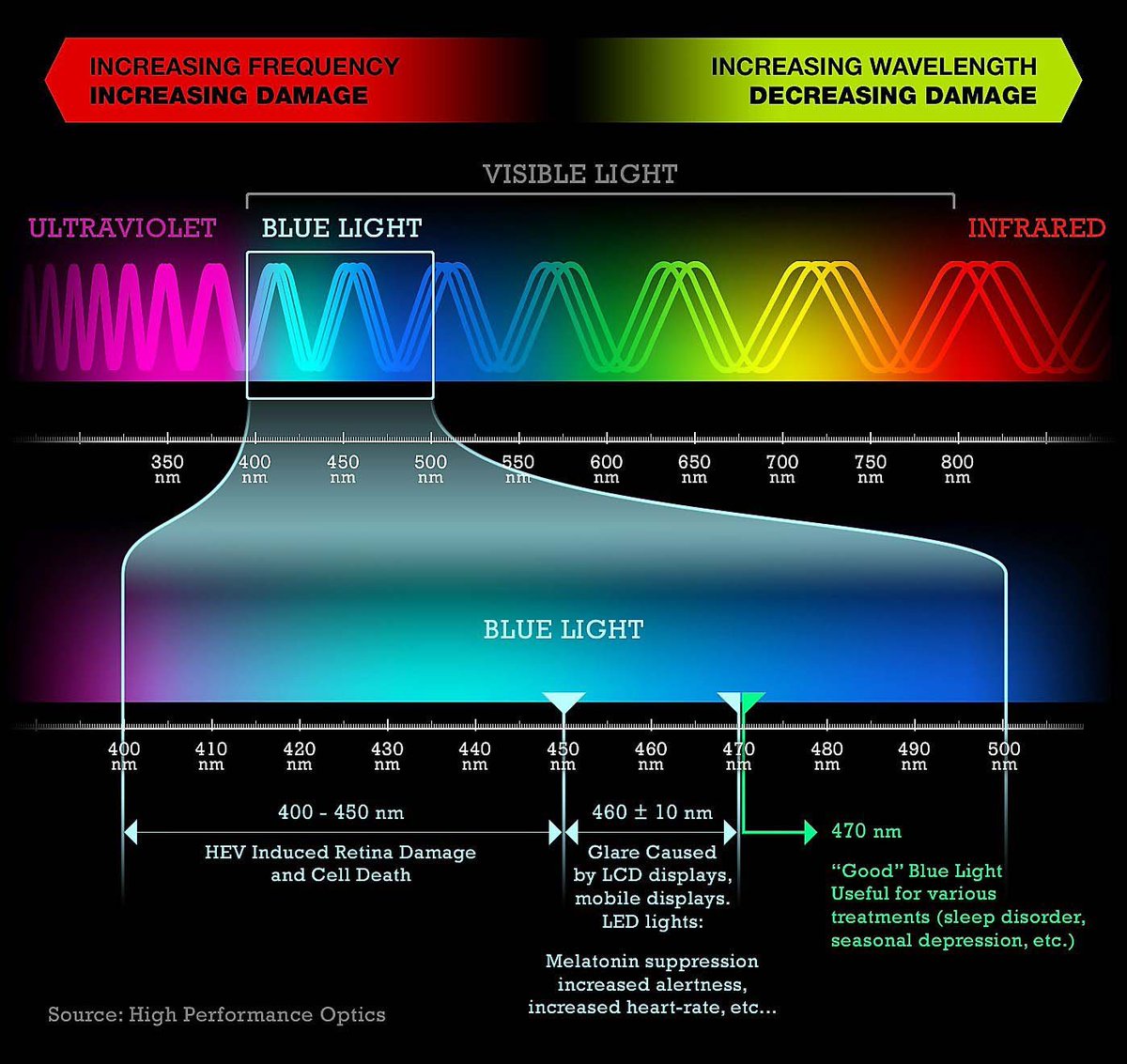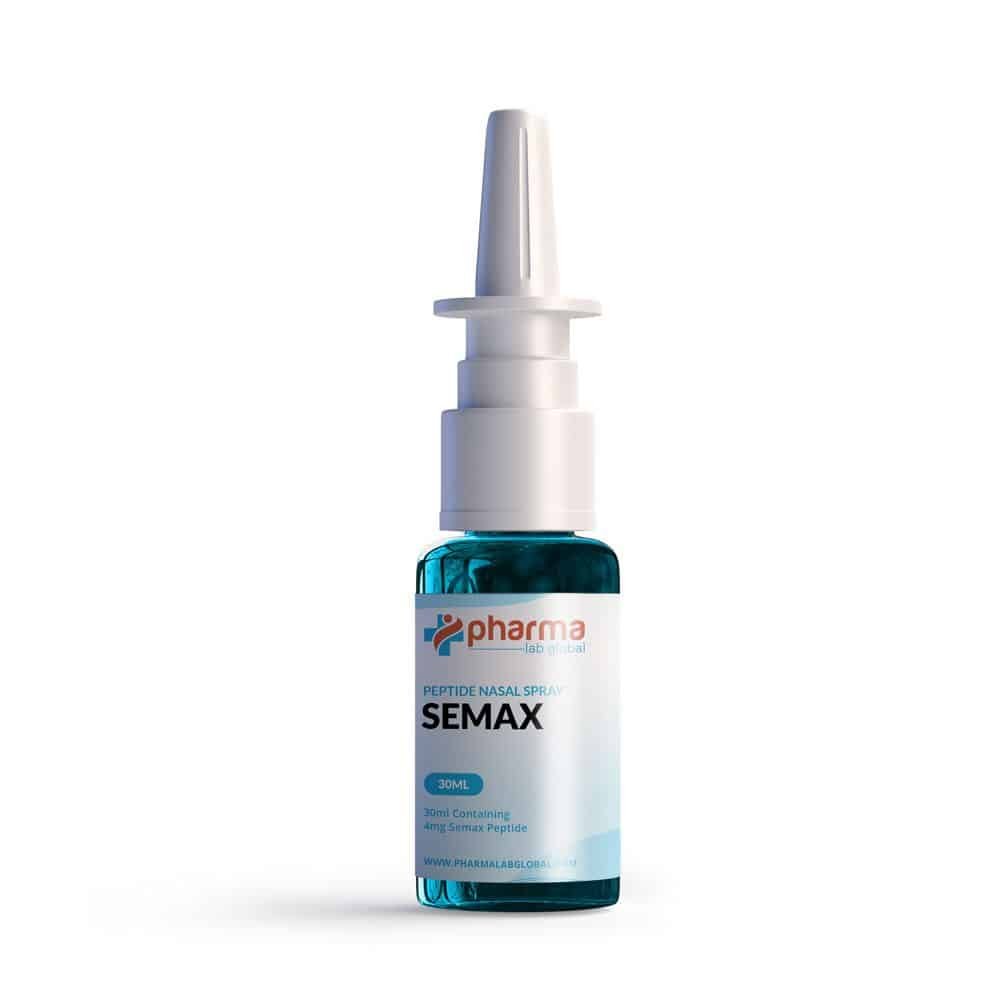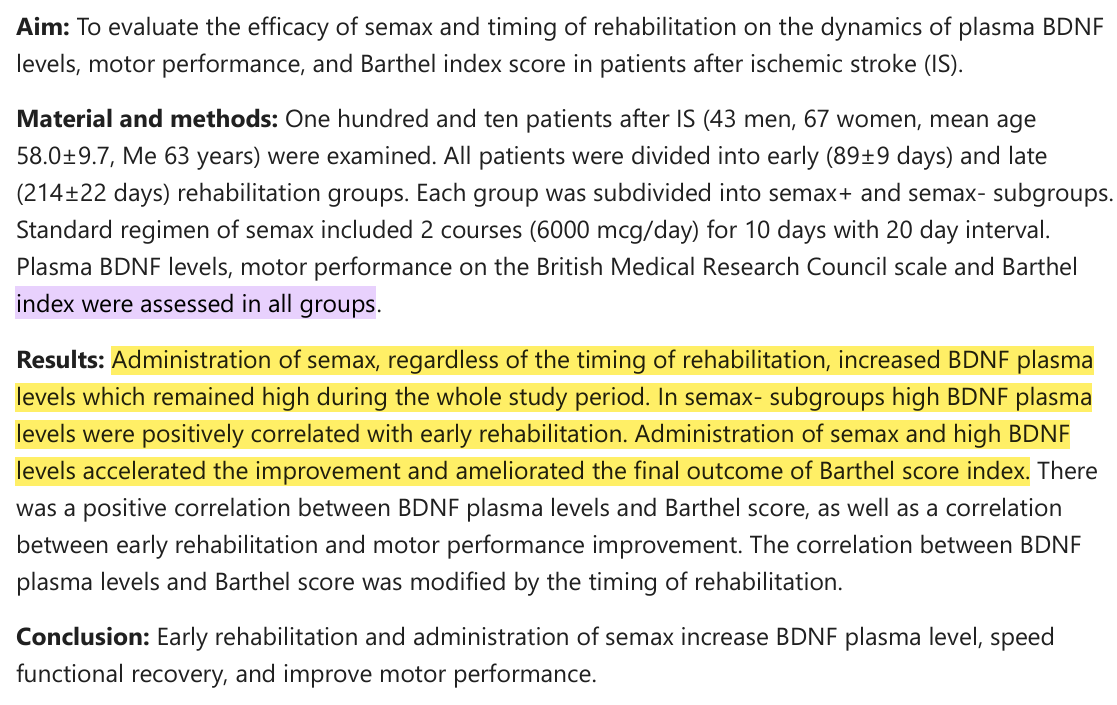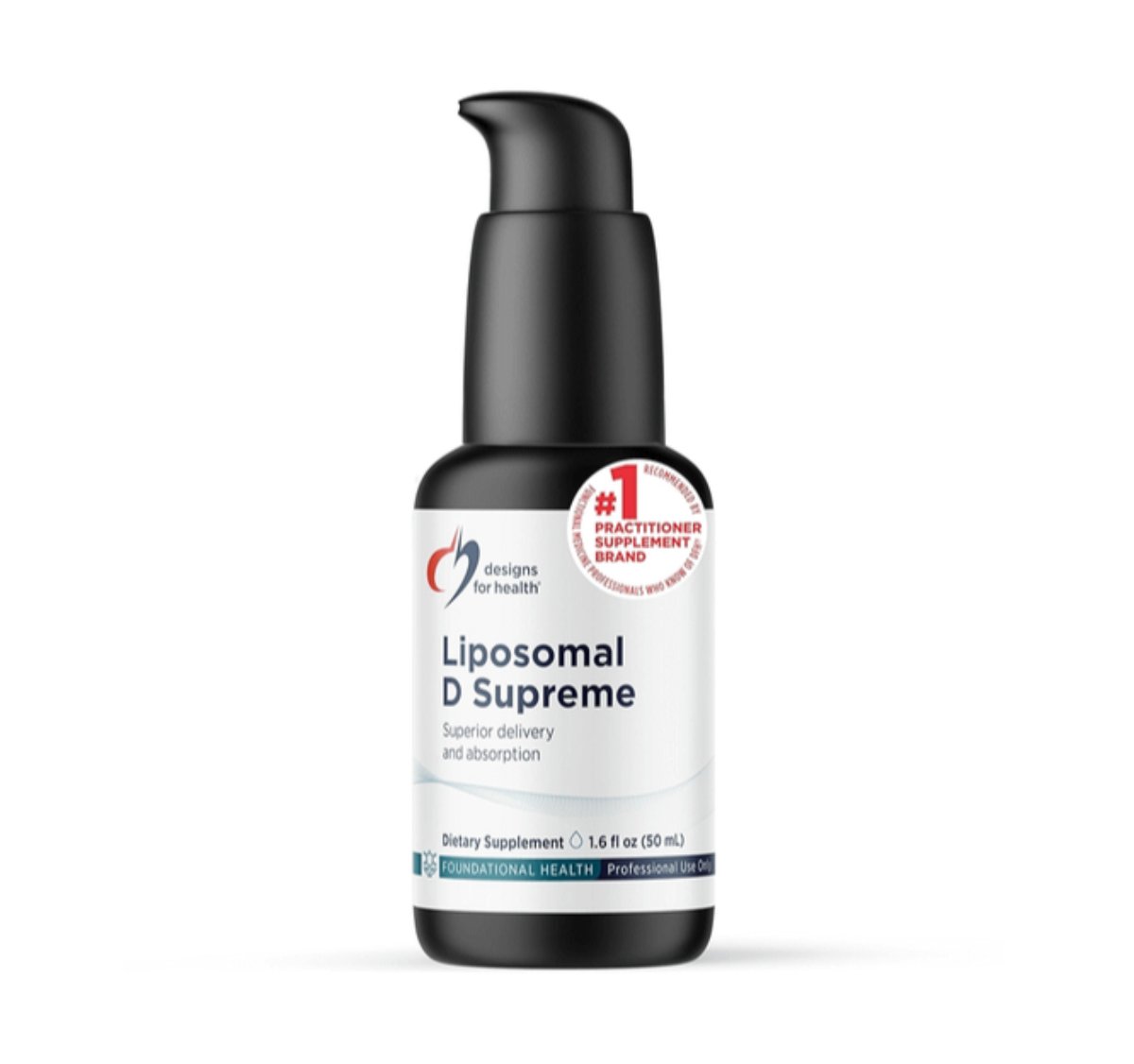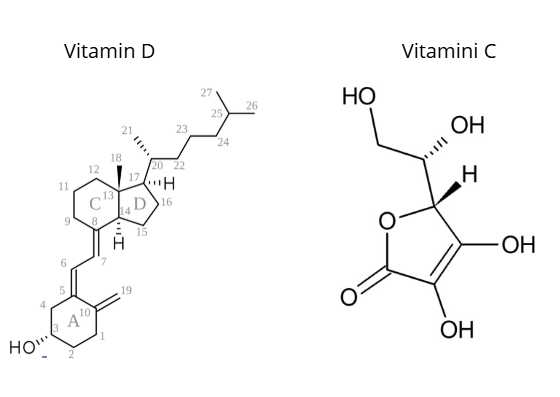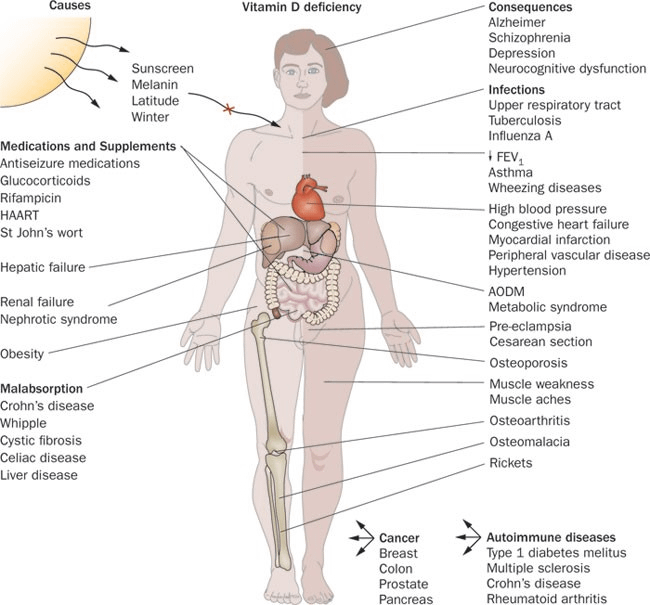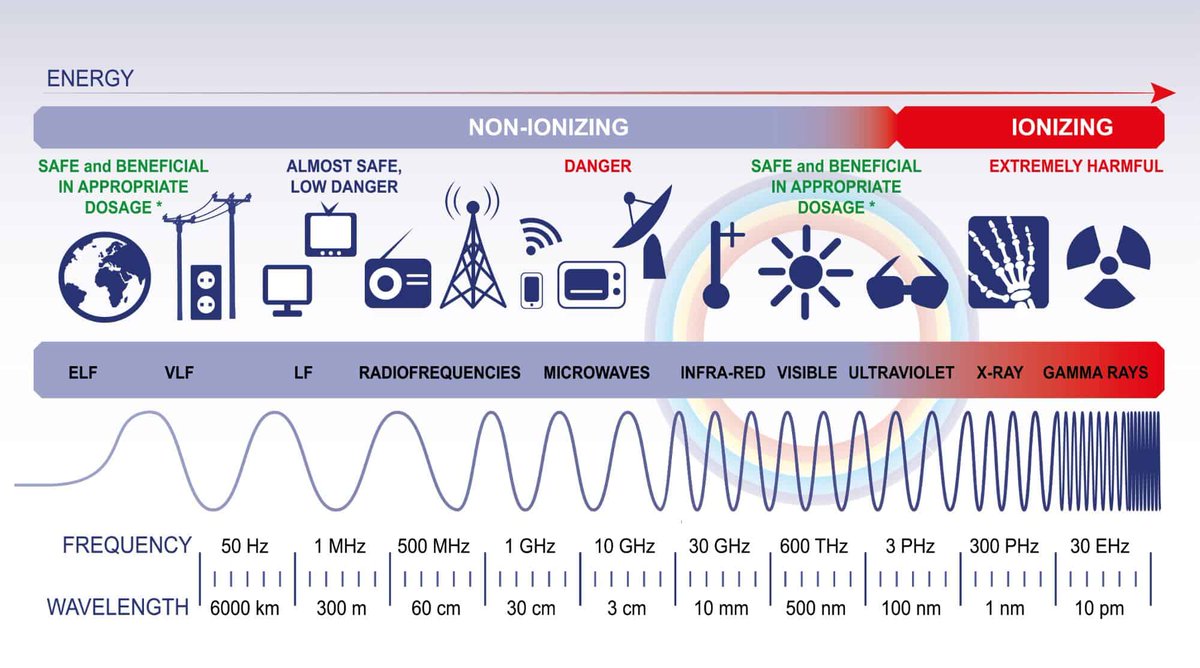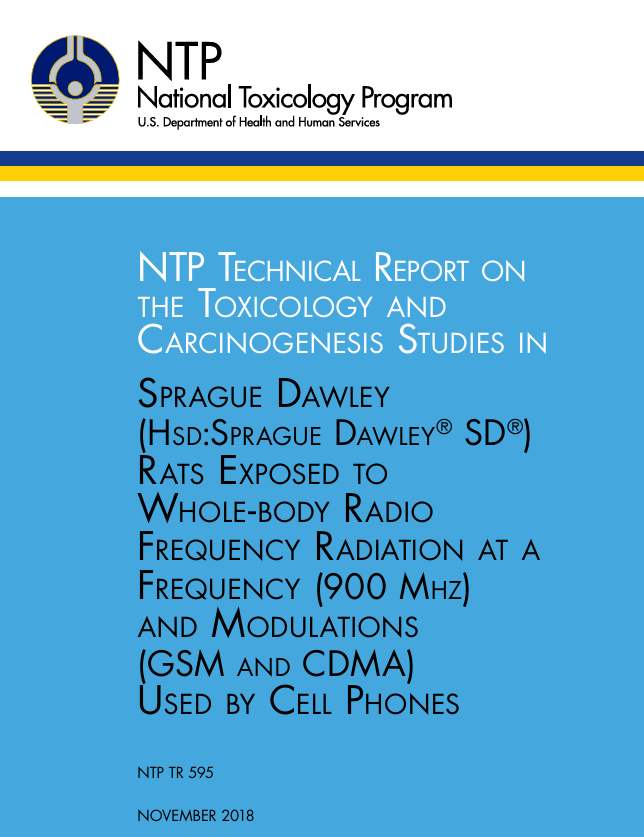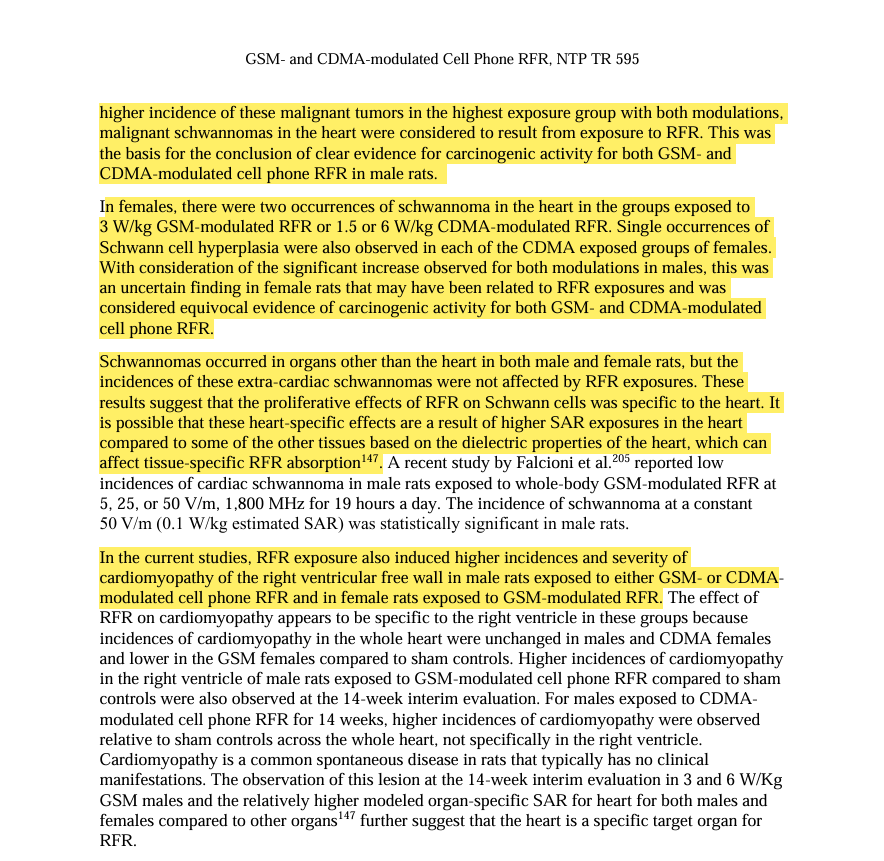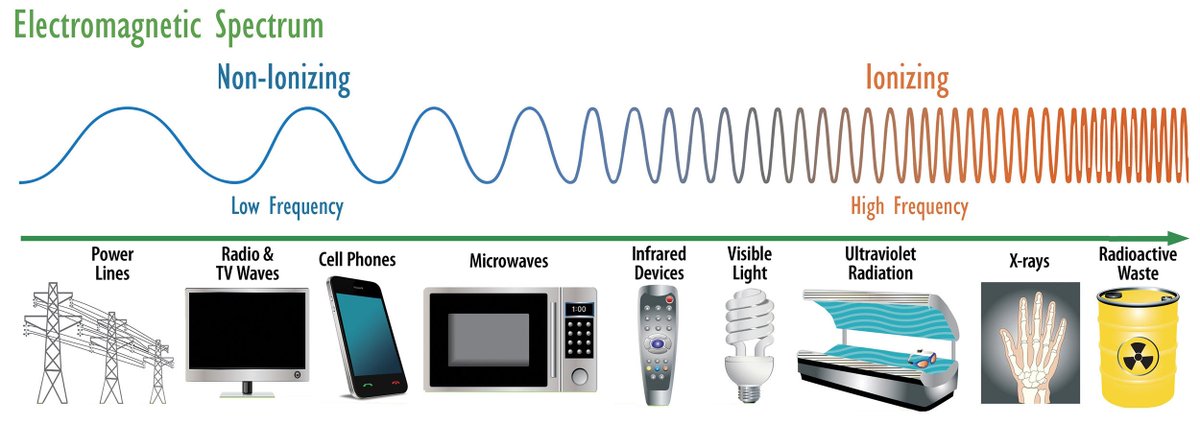If you have thyroid issues, you can cure them naturally.
Most thyroid issues are secondary to other problems. Thus, if you find the root cause—there is a cure.
Here are the absolute best ways to heal your thyroid: 🧵
Most thyroid issues are secondary to other problems. Thus, if you find the root cause—there is a cure.
Here are the absolute best ways to heal your thyroid: 🧵

The thyroid is a small, butterfly-shaped gland in the front of your neck.
There are two types of thyroid problems:
• Hypothyroidism
• Hyperthyroidism
Hypothyroidism is the underproduction of the thyroid hormones. Hyperthyroidism is the opposite—overproduction...
There are two types of thyroid problems:
• Hypothyroidism
• Hyperthyroidism
Hypothyroidism is the underproduction of the thyroid hormones. Hyperthyroidism is the opposite—overproduction...
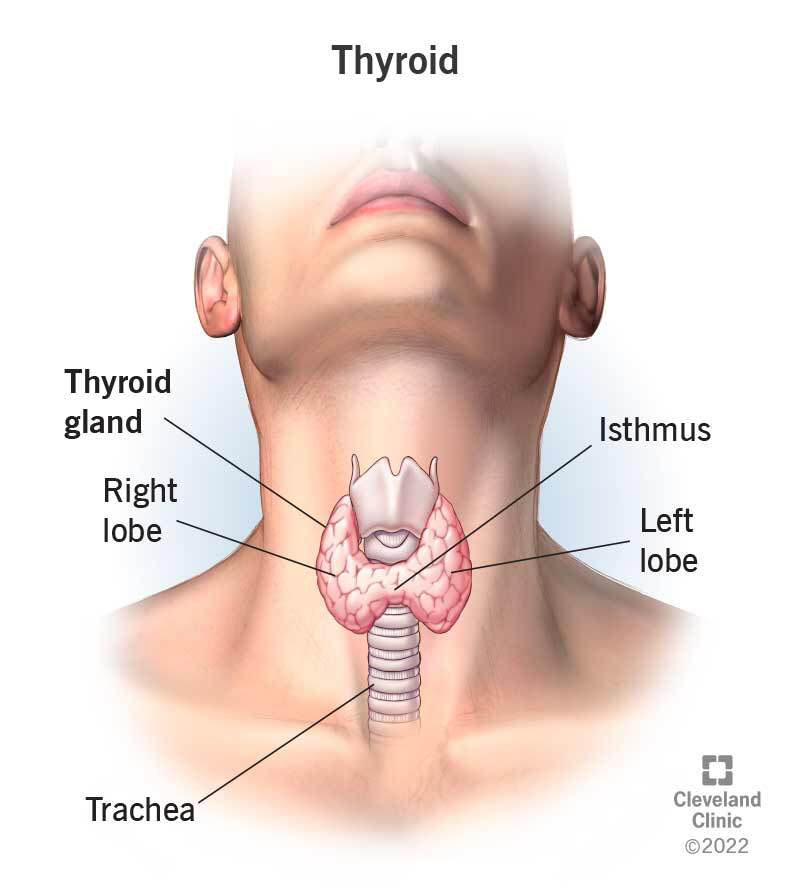
From my experience treating thyroid issues, the common symptoms are:
• Fatigue
• Dry skin
• Tiredness
• Puffy face
• Depression
• Constipation
• More sensitivity to cold
Today, many people have thyroid problems, but these are often secondary to other issues 👇🏽
• Fatigue
• Dry skin
• Tiredness
• Puffy face
• Depression
• Constipation
• More sensitivity to cold
Today, many people have thyroid problems, but these are often secondary to other issues 👇🏽
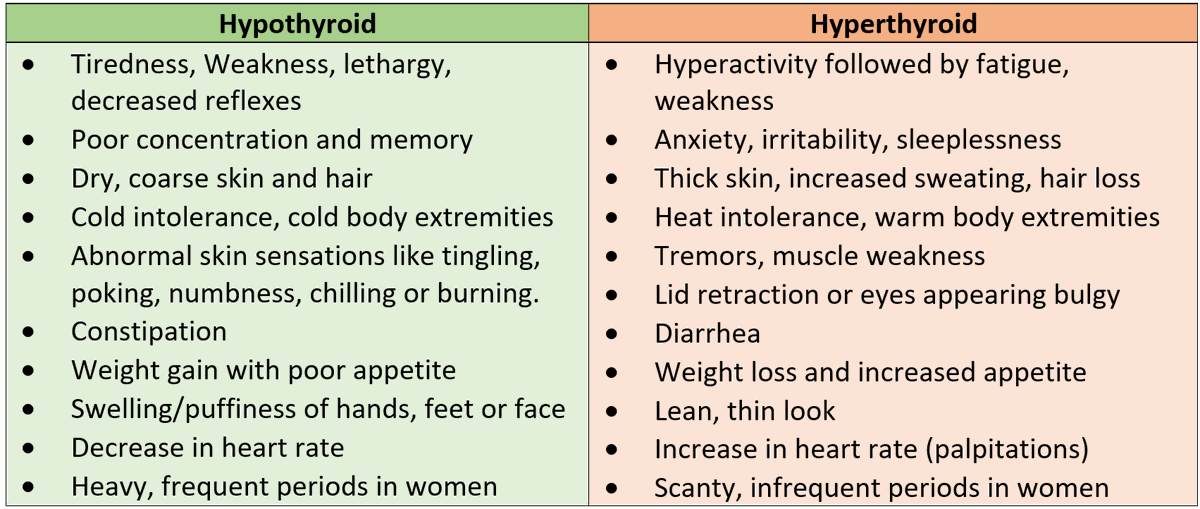
To solve thyroid issues, you must first understand their root cause and the underlying mechanism 👇🏽
Hypothalamus is a master regulator which releases TRH—which instructs pituitary gland to release TSH (thyroid-stimulating hormone).
The thyroid then produces T4, which converts to the active form T3.
Hypothalamus is a master regulator which releases TRH—which instructs pituitary gland to release TSH (thyroid-stimulating hormone).
The thyroid then produces T4, which converts to the active form T3.
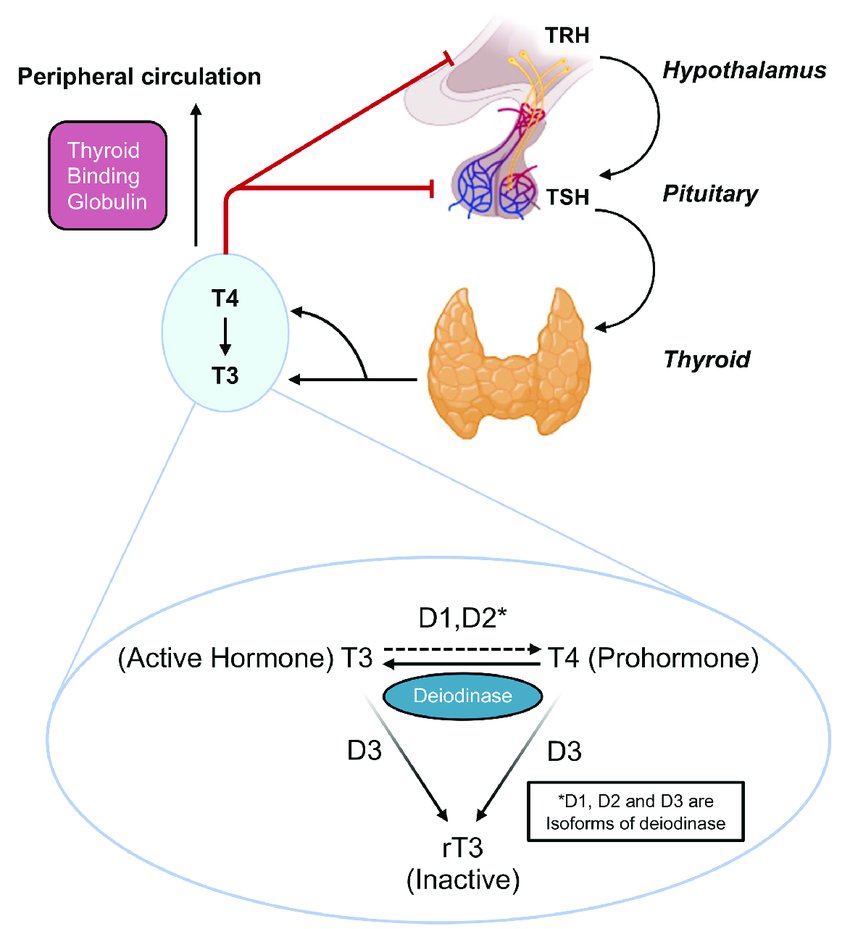
When diagnosing the problem, most doctors only look at TSH, but it's important to consider the holistic view of the body.
Harrower’s chart illustrates how the thyroid influences everything and how different glands interact.
Grasp the big picture before finding the root cause👇🏽
Harrower’s chart illustrates how the thyroid influences everything and how different glands interact.
Grasp the big picture before finding the root cause👇🏽
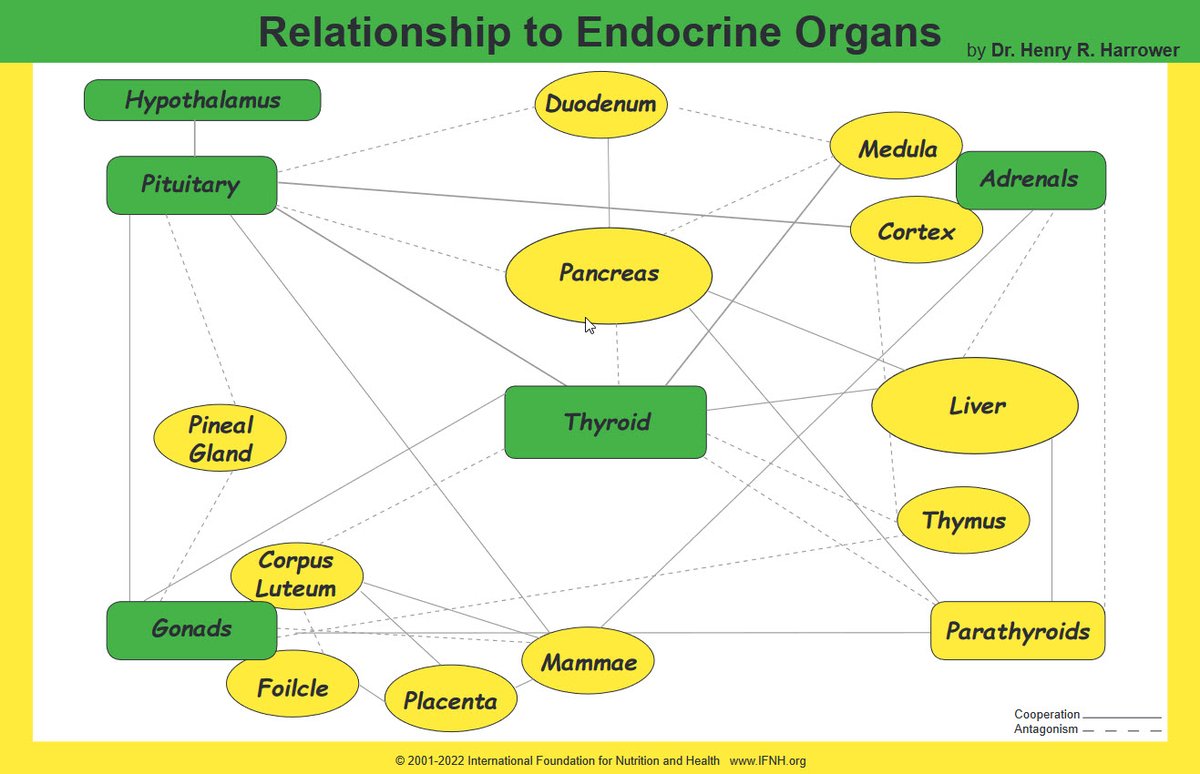
Let’s explore the first possible root cause👇🏽
The liver converts the thyroid hormones.
T4 is inactive, and is activated through the liver, to make the active form T3.
80% of the thyroid function occurs through your liver.
Thus, damaged liver may be one cause.
The liver converts the thyroid hormones.
T4 is inactive, and is activated through the liver, to make the active form T3.
80% of the thyroid function occurs through your liver.
Thus, damaged liver may be one cause.
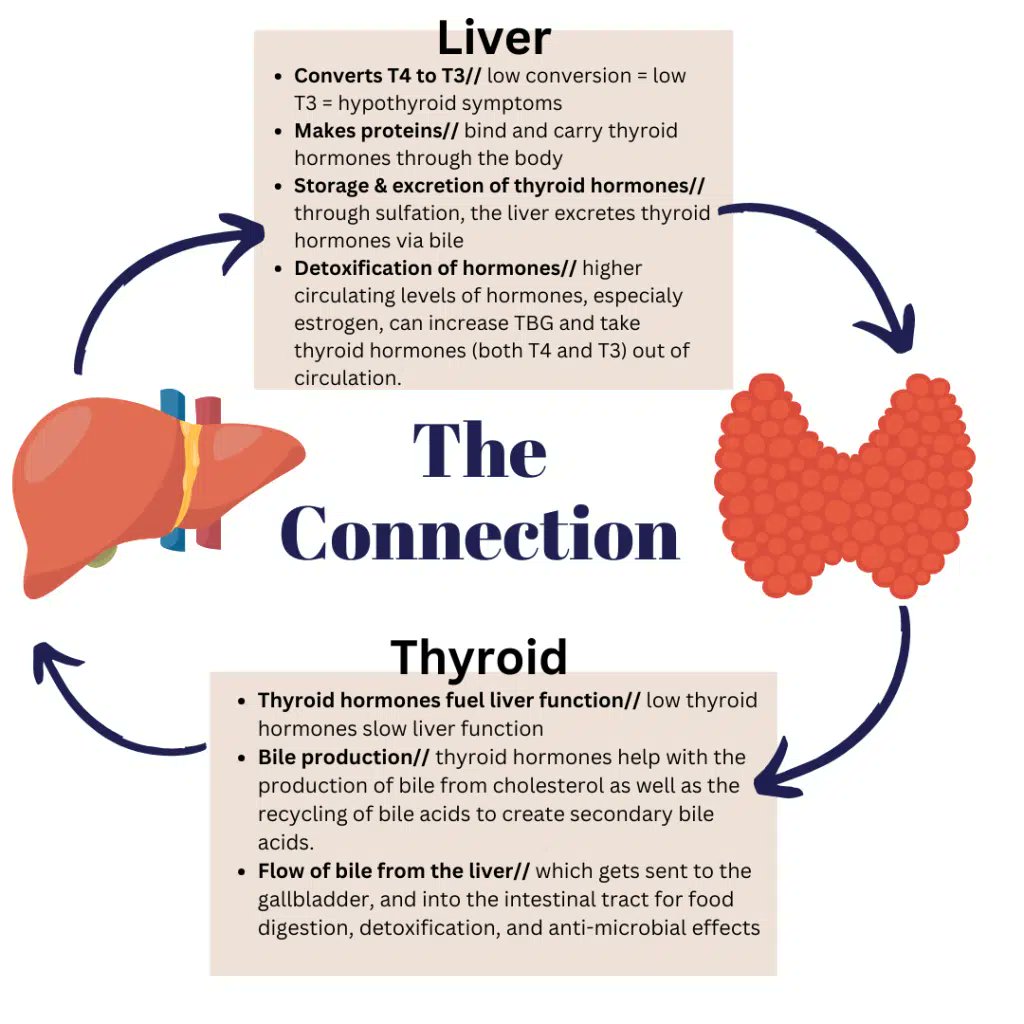
Thyroid issues can also stem from gallbladder bile problems.
Adequate bile production alleviates constipation, helps with bowel movements, and improves liver function—which is crucial since the liver converts 80% of thyroid hormones.
Adequate bile production alleviates constipation, helps with bowel movements, and improves liver function—which is crucial since the liver converts 80% of thyroid hormones.
The adrenals can impair thyroid function by triggering an autoimmune disease that causes the thyroid to attack itself.
This often happens after a stressful event 👇🏽
• Graves (hyperthyroid)
• Hashimoto’s (hypothyroid)
In this case, you want to cure the autoimmune disease.
This often happens after a stressful event 👇🏽
• Graves (hyperthyroid)
• Hashimoto’s (hypothyroid)
In this case, you want to cure the autoimmune disease.
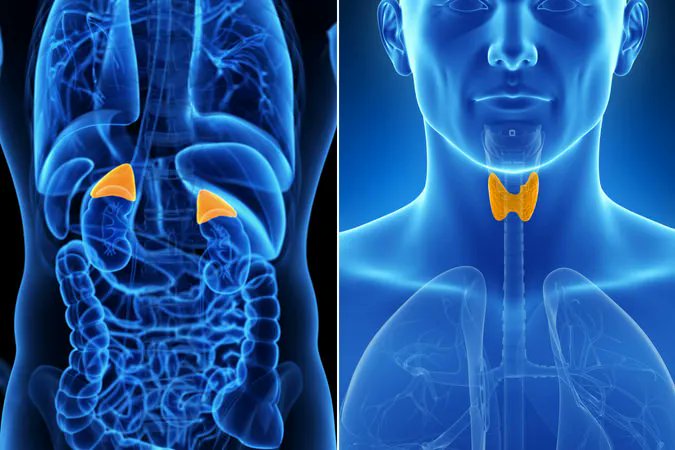
In women, excess oestrogen could be the problem👇🏽
If you experience heavy bleeding, cramping, or irregular periods—excess oestrogen may be blocking thyroid hormone receptors, preventing the thyroid from functioning properly.
Oestrogen inhibits thyroid function.
More estrogen = less thyroid activity
If you experience heavy bleeding, cramping, or irregular periods—excess oestrogen may be blocking thyroid hormone receptors, preventing the thyroid from functioning properly.
Oestrogen inhibits thyroid function.
More estrogen = less thyroid activity
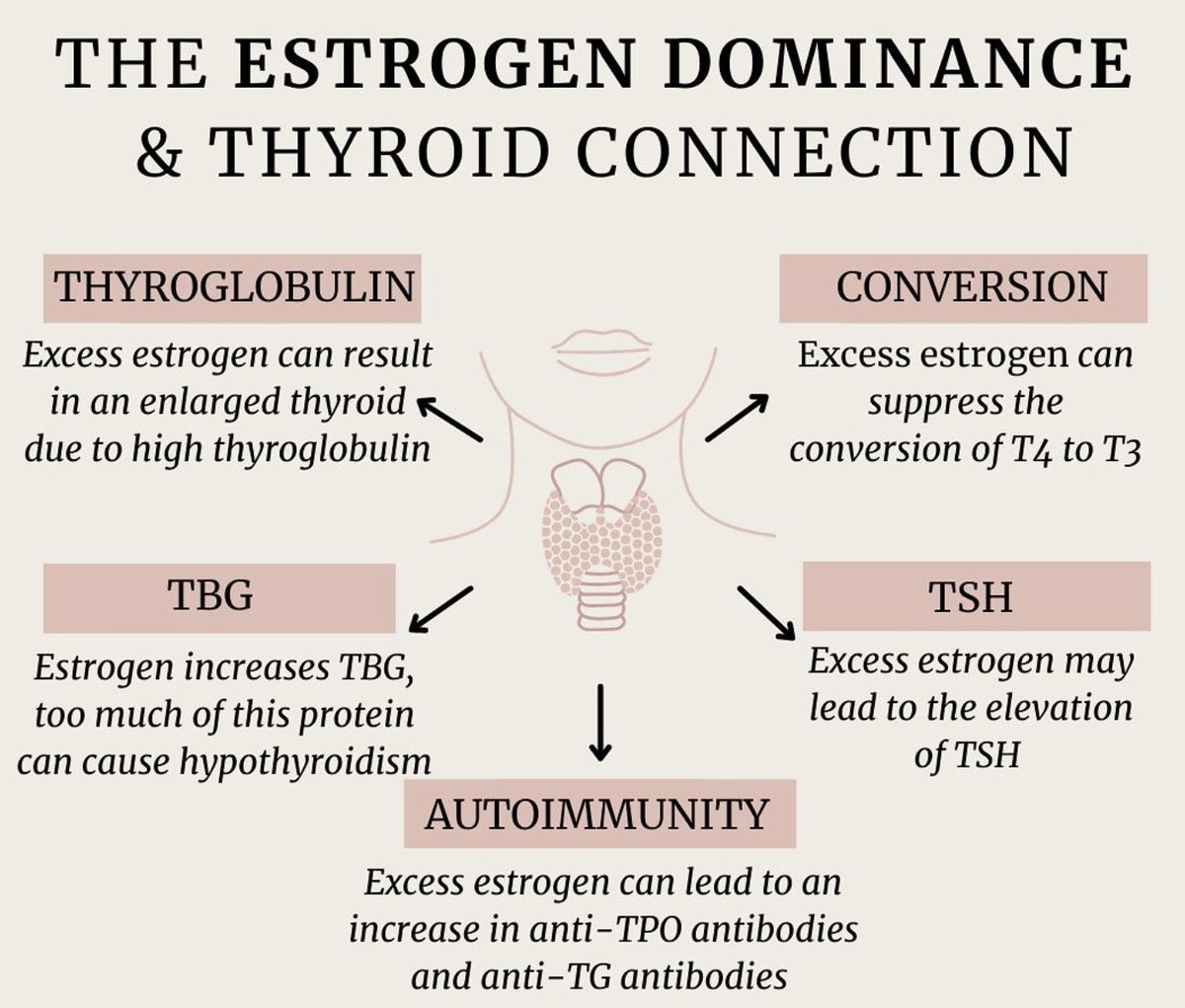
If I were in your shoes, the first step I’d take would be to get bloodwork done (TSH, T4, T3)
Next, I’d accurately interpret the results and identify the problem, whether:
• Poor conversion
• Faulty regulation
• Thyroid tissue damage
• Anything in Harrower’s chart
Once that's done, it's time to restore thyroid function 👇🏽
Next, I’d accurately interpret the results and identify the problem, whether:
• Poor conversion
• Faulty regulation
• Thyroid tissue damage
• Anything in Harrower’s chart
Once that's done, it's time to restore thyroid function 👇🏽
1) First, start with a nutrition overhaul.
If you are insulin resistant, adopt a low-carb, high-fat diet. If you are generally healthy, opt for a low to moderate carb diet.
Nobody benefits from sugar and high insulin spikes.
Next 👇🏽
If you are insulin resistant, adopt a low-carb, high-fat diet. If you are generally healthy, opt for a low to moderate carb diet.
Nobody benefits from sugar and high insulin spikes.
Next 👇🏽
2) Perform a liver detox
Since 80% of the conversion from T4 to T3 occurs in the liver, it's crucial for it to function properly.
I recommend these battle-tested supplements to my clients:
• TRHC TUDCA
• Raw Herbal Cleanse
(no affiliation)


Since 80% of the conversion from T4 to T3 occurs in the liver, it's crucial for it to function properly.
I recommend these battle-tested supplements to my clients:
• TRHC TUDCA
• Raw Herbal Cleanse
(no affiliation)
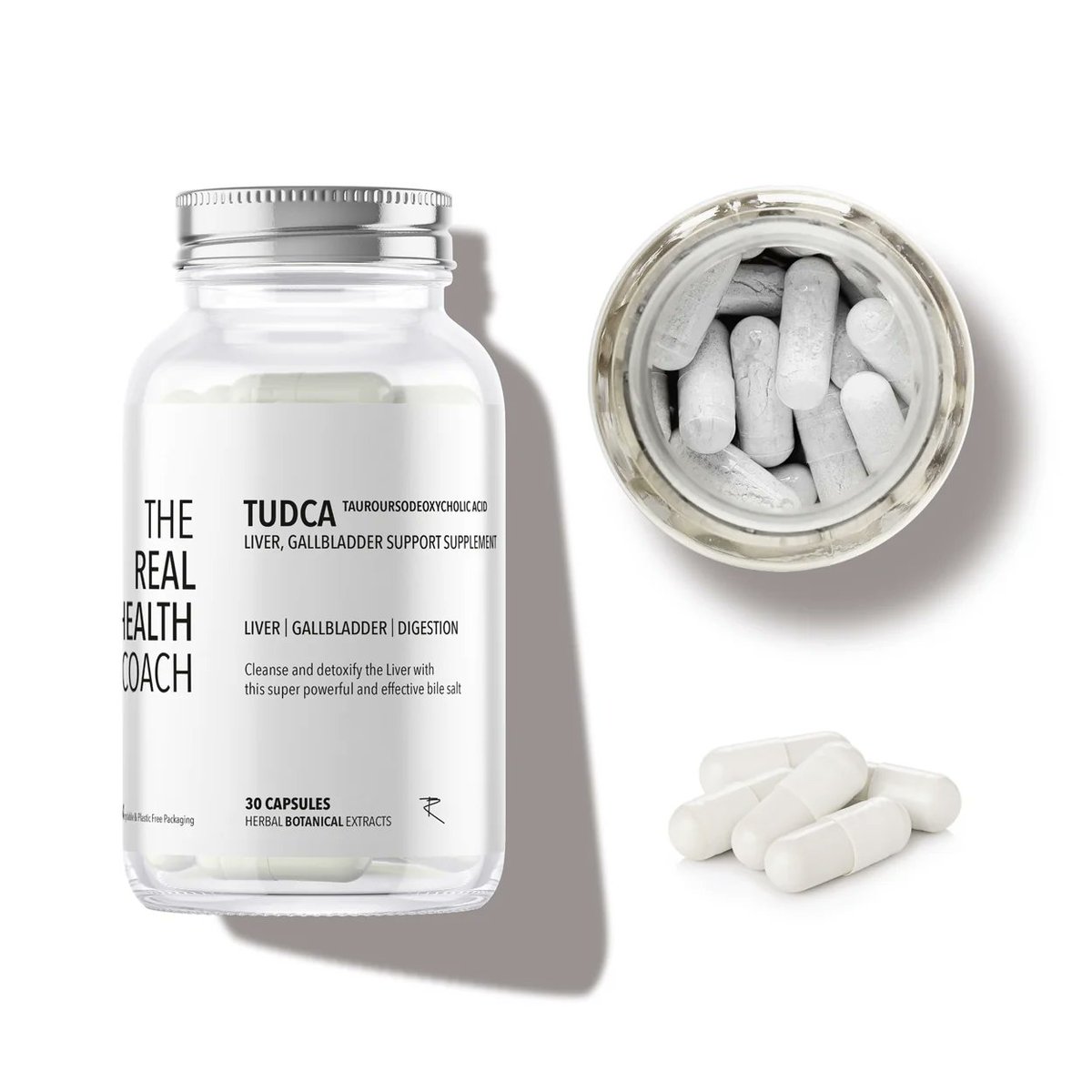

3) When considering iodine supplementation, it’s crucial to determine whether you have an autoimmune issue.
Taking iodine can worsen autoimmune diseases by increasing thyroid size and susceptibility to attacks.
Iodine should be introduced only after the autoimmune response has been calmed.
Taking iodine can worsen autoimmune diseases by increasing thyroid size and susceptibility to attacks.
Iodine should be introduced only after the autoimmune response has been calmed.
4) The next step is a gut reset, especially if you have a leaky gut.
Having helped over 1,427 people achieve this, I can assure you it will greatly benefit not only your thyroid issues but also your overall health.
For example:
If you are low on T3—it’s a sign of an unhealthy gut flora and deficiency in Zinc and Selenium—which are necessary in conversion from T4 to T3.
Having helped over 1,427 people achieve this, I can assure you it will greatly benefit not only your thyroid issues but also your overall health.
For example:
If you are low on T3—it’s a sign of an unhealthy gut flora and deficiency in Zinc and Selenium—which are necessary in conversion from T4 to T3.
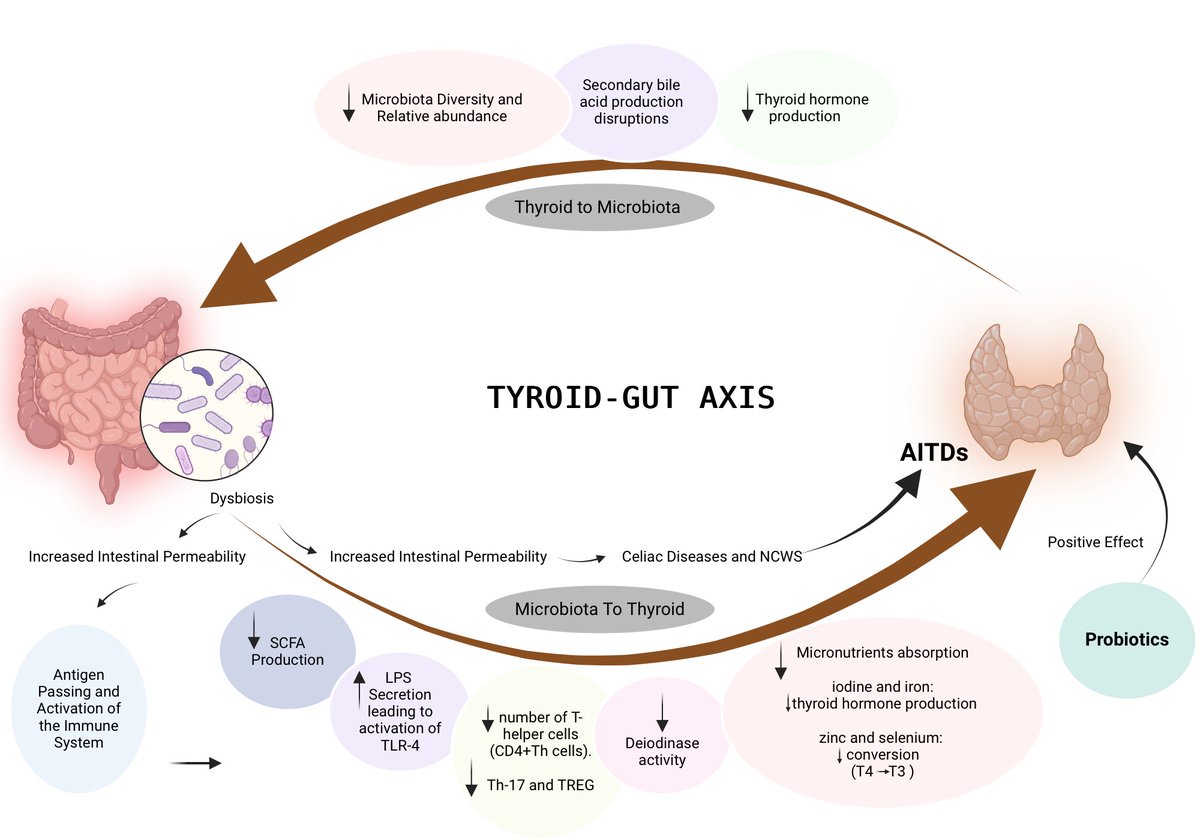
5) Avoid drinking tap water containing chlorine and fluoride. Change your water game by investing in quality water filters.
Additionally, avoid allergens such as:
• Soy
• Corn
• Wheat
• Pasteurized dairy
Additionally, avoid allergens such as:
• Soy
• Corn
• Wheat
• Pasteurized dairy
True healing of thyroid is not the suppression of symptoms, but the addressing of the root cause and then giving your body the support it needs.
Then it will perform miracles.
The thyroid is like an orchestra, and all the players need to be in harmony for optimal health.
Then it will perform miracles.
The thyroid is like an orchestra, and all the players need to be in harmony for optimal health.
P.S.
To level-up your health game, I created quantum.
The 14-day program with 7 battle-tested tools to master your health, regulate your nervous system, and harness your life force.
Get it below (it's free):
limitless.join-aura.com
To level-up your health game, I created quantum.
The 14-day program with 7 battle-tested tools to master your health, regulate your nervous system, and harness your life force.
Get it below (it's free):
limitless.join-aura.com
Thanks for reading!
For more content like this:
Drop a like and follow me @bensmithlive
For more content like this:
Drop a like and follow me @bensmithlive
• • •
Missing some Tweet in this thread? You can try to
force a refresh


